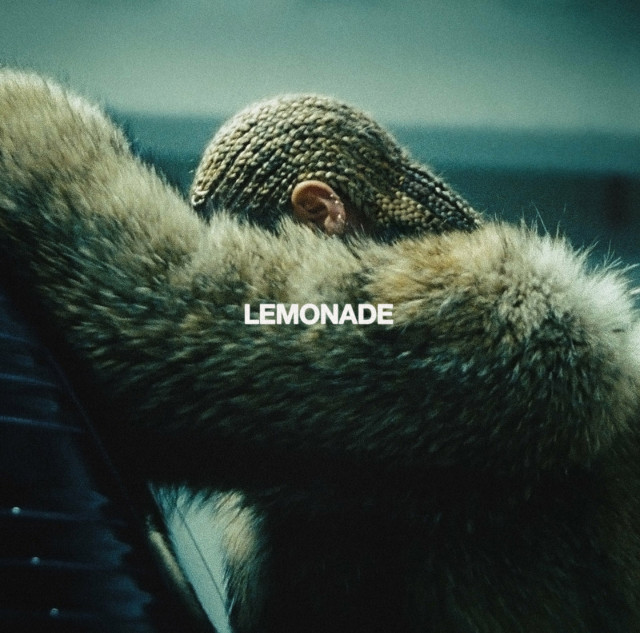
Ever since Beyoncé left Destiny’s Child and began her journey as a solo artist, she has topped charts, sold out tours worldwide and made pop culture revolve around her. After her second visual album, “Lemonade,” dropped this weekend — a surprise release, like her last album — it’s fair to say that Beyoncé, only 34 years old, has moved beyond icon status and is now one of the few living music legends among us.
The album starts off with the ballad “Pray You Catch Me,” setting the album’s tone of love and anger. She begins the song with the lyric, “You can taste the dishonesty,” possibly in reference to her husband’s adulteries. There have been rumors that Beyoncé’s husband Jay Z has been unfaithful with Rachel Roy, the creative director of Jay Z’s clothing line, Rocawear. Roy’s involvement with Jay Z could explain the elevator incident with Solange at the Met Gala in 2014 and why Beyoncé and Jay Z did not attend Kanye West and Kim Kardashian’s wedding, as Rachel Roy was in attendance at both events.
In this one album, Beyoncé has documented her life and the stages of her grief following attacks on her marriage and her identity as a black woman. Her self-worth remains unaffected by her spouse’s unfaithful behavior, although she still expresses her love for him. However, Beyoncé remains stubborn and will not allow his adulterous behavior to continue. In the hour-long HBO special, she makes her point clear with astounding visuals. “Lemonade” is an emotional and immaculately produced piece of art that serves as a reminder to people everywhere, especially women, should assert their self-worth.
Her next few tracks further her declaration of self-love while she blends genres. “Don’t Hurt Yourself,” featuring Jack White, is more of the rocker’s style than it is Beyoncé’s. The track is a powerful rock song in which the instrumentals are blended with her operatic vocals. The first lines, “Who the fuck do you think I am? You ain’t married to no average bitch, boy” tells her husband that she knows that she is strong, one-of-a-kind and will not let him cross her.
At this point in the documentary, Beyoncé has experimented with witchcraft, broken car windows with a baseball bat and enlisted the help of Serena Williams as a backup dancer. Her use of imagery makes it clear that she is hurt and has put all her anger in her creative outlet. In the process, she comes through with astounding cinematography and meaningful monologues.
In some ways, even more striking than the songs themselves is the spoken-word poetry written by Somali-British poet Warsan Shire that serves as interludes. Lines such as, “That night, in a dream, the first girl emerges from a slit in my stomach. The scar heals into a smile,” bring this visceral work to a deeper level of rawness.
After a short, electronic collaboration with James Blake on “Forward,” she enlists the help of Kendrick Lamar on the black power anthem “Freedom.”
It was the end of this track where the “Lemonade” title makes sense: in a spoken word monologue, Jay Z’s grandmother, Hattie Williams, is heard saying, “I had my ups and downs, but I always find the inner strength to cool myself off. I was served lemons, but I made lemonade.”
The line makes the overall meaning of the album suddenly clear. Beyoncé is a black woman who remains positive in a country that has shown to be violent to her demographic. Stuck between two marginalized groups — women and people of color — she takes the sour parts of her life and puts it in her music. She is aware of her audience’s unbending love for her and uses this bitter part of her life to inspire her dedicated BeyHive to not give up if they find themselves in similar situations.
With “Lemonade,” Beyoncé has raised the bar on the artistic significance of albums and music videos. Every song complements the next one on the album as Beyoncé speaks to her fans and her husband. She teaches them the importance of making lemonade when life gives you nothing but lemons.


